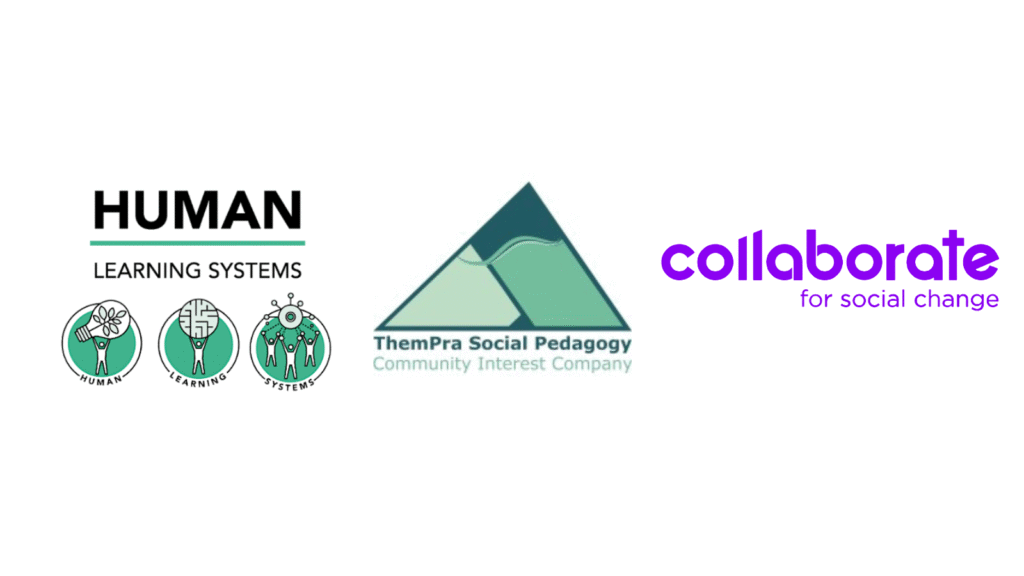Produced by Onika Winston, Malavika Murali, Naomi Diamond and Gabriel Eichsteller

Changing the Narrative is our six episode podcast series featuring people involved in the examples of Human Learning Systems (HLS) practice, who offer further nuance, inspiration and practical ideas for how you can advance equity within your context.
Episode 1
To start things off, in the first episode we talk with Dr Dayo Eseonu from Lancaster University about what equity means, why we need to tell a different story about equity and how intentional Human Learning Systems practice can advance it. You can also access a transcript of episode 1 of the equity in HLS podcast series.
Episode 2
In our second episode, hear from Andy Crosbie and Zahra Bazarganianpour from Gateshead Community Bridgebuilders about leveraging community power. You can also access a transcript of episode 2 of the equity in HLS podcast series.
Episode 3
For our third episode, we speak with Pegs Bailey from Opportunities Fife Partnership in Scotland about their co-production work on employability. You can also access a transcript of episode 3 of the equity in HLS podcast series.
Episode 4
Our fourth episode features Anna Willow describing Brent Care Journeys, a collaboration between Barnardo’s and Brent Council to infuse the care system with relationships. You can also access a transcript of episode 4 of the equity in HLS podcast series.
Episode 5
Episode five’s interview guest is Lola Akindoyin talking on Hackney Council’s work with Sport England on tackling health inequalities. You can also access a transcript of episode 5 of the equity in HLS podcast series.
Episode 6
Our sixth and final episode takes us to Leicester, with a conversation with Bharti Mistry and Rob Hunter on their social prescribing project, Reaching People. You can also access a transcript of episode 6 of the equity in HLS podcast series.
When I first started, I didn’t get a warm welcome. It was almost like, ‘They’ve got some funding, they want to engage, they have funding criteria, we’ve seen people come and go, and she’s going to do the same.’ There is truth in that, because that’s what people do. They don’t tend to look at the community and work bottom up; it’s always top down: ‘Oh, this community needs this.’
Bharti Mistry, one of the community connectors with Reaching People in Leicester
Read more about the learning and takeaways from the Changing the Narrative podcast series in our introductory report blog.
Read our full report on this work: From implicit to intentional: advancing equity in Human Learning Systems report along with the accompanying two page advancing equity in relational public service summary.
